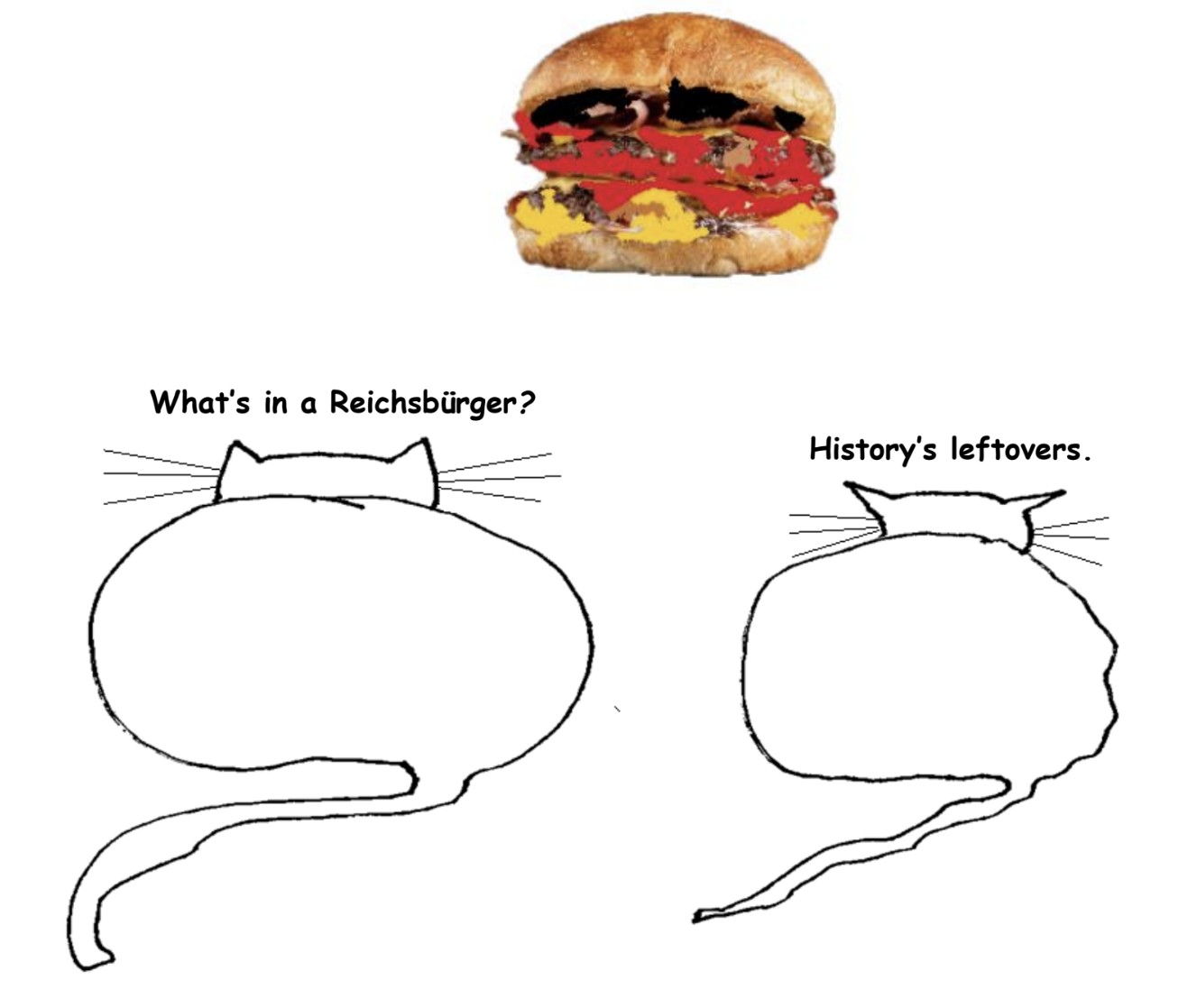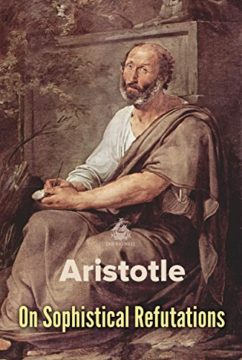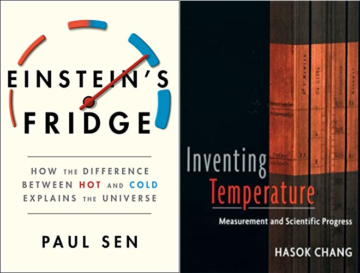by Mike Bendzela

Sleepless one Christmas Eve . . . monkey brain, coffee at 3 a.m. . . . then back to bed to stare at purple and green fireworks on the insides of my eyelids.
Meanwhile, my husband, the retired carpenter, saws wood loudly beside me. He is recovering from both cancer and stroke.
A chorus of human voices fills the room, no comprehension—it’s Latin—the words so swaddled in harmonic echoes they lift and disperse in the bedroom like smoke from a censer. The choir floats me to the edge of transcendence, sets me down like a feather. What is this?
From the radio turned down low, the announcer says: “This is what the season is all about—‘O Magnum Mysterium.’” No surprise here, the day before Christmas.
I think: This is what I should have heard at the Smithsonian a couple of years ago, at the Museum of Natural History, in the big, quiet room darkened but for spot-lit, black stone slabs, the Burgess Shale fossils, found a century ago in British Columbia by Charles D. Walcott, with his horses and pickaxes. These stones reveal life from half a billion years before present, give or take a few million.
This is my pilgrimage. But it’s sad to find myself alone in this exhibit, with this magnificent find. One must study the black slabs up close and judiciously, like the brush strokes of Old Masters, to appreciate the wonders there. Read more »

 When people take to the street to protest this is often supposed to be a sign of democracy in action. People who believe that their concerns about the climate change, Covid lockdowns, racism and so on are not being adequately addressed by the political system make a public display of how many of them care a lot about it so that we are all forced to hear about their complaint and our government is put under pressure to address it.
When people take to the street to protest this is often supposed to be a sign of democracy in action. People who believe that their concerns about the climate change, Covid lockdowns, racism and so on are not being adequately addressed by the political system make a public display of how many of them care a lot about it so that we are all forced to hear about their complaint and our government is put under pressure to address it.
 Carl Weinberg, in his excellent
Carl Weinberg, in his excellent 
 Loriel Beltran. P.S.W. 2007-2017
Loriel Beltran. P.S.W. 2007-2017 





 It’s 6:15 on the Erakor Lagoon in Vanuatu. Women in bright print skirts paddle canoes from villages into town. Yellow-billed birds call from the grass by the water’s edge, roosters crow from somewhere, and the low rumble of the surf hurling itself against the reef is felt as much as heard.
It’s 6:15 on the Erakor Lagoon in Vanuatu. Women in bright print skirts paddle canoes from villages into town. Yellow-billed birds call from the grass by the water’s edge, roosters crow from somewhere, and the low rumble of the surf hurling itself against the reef is felt as much as heard.



